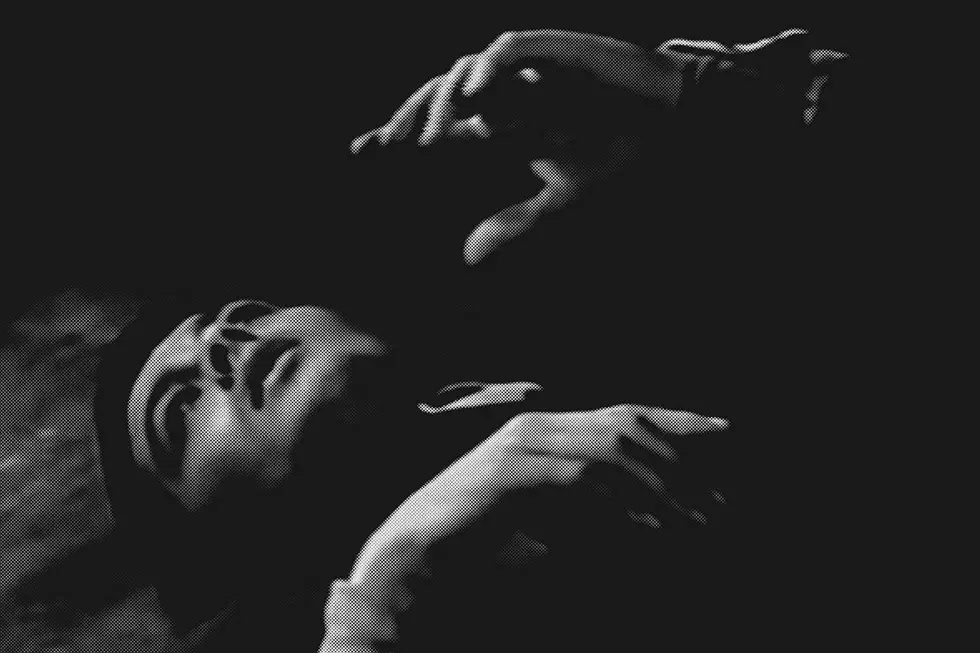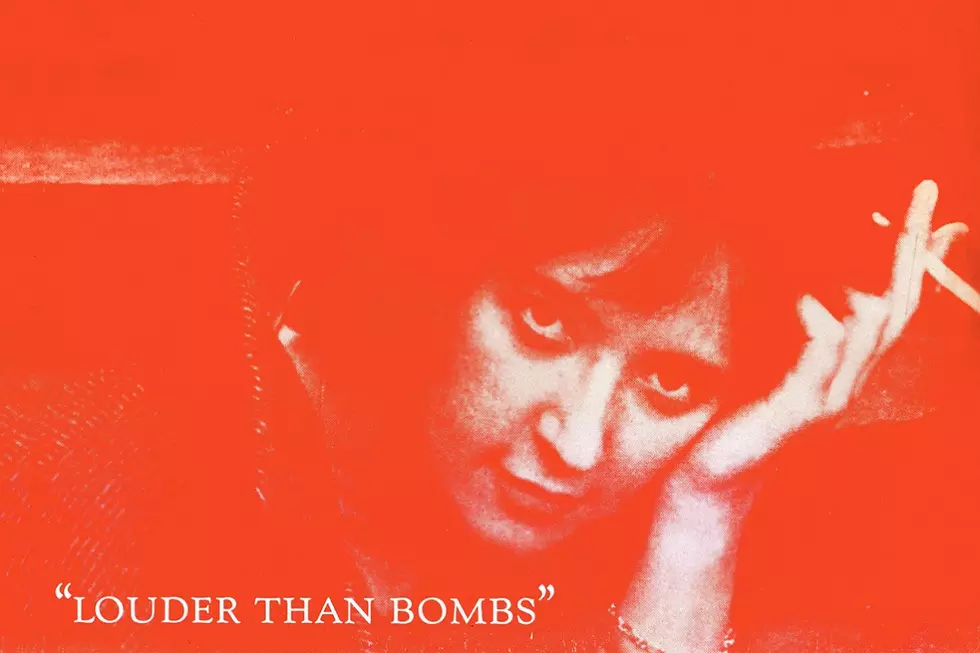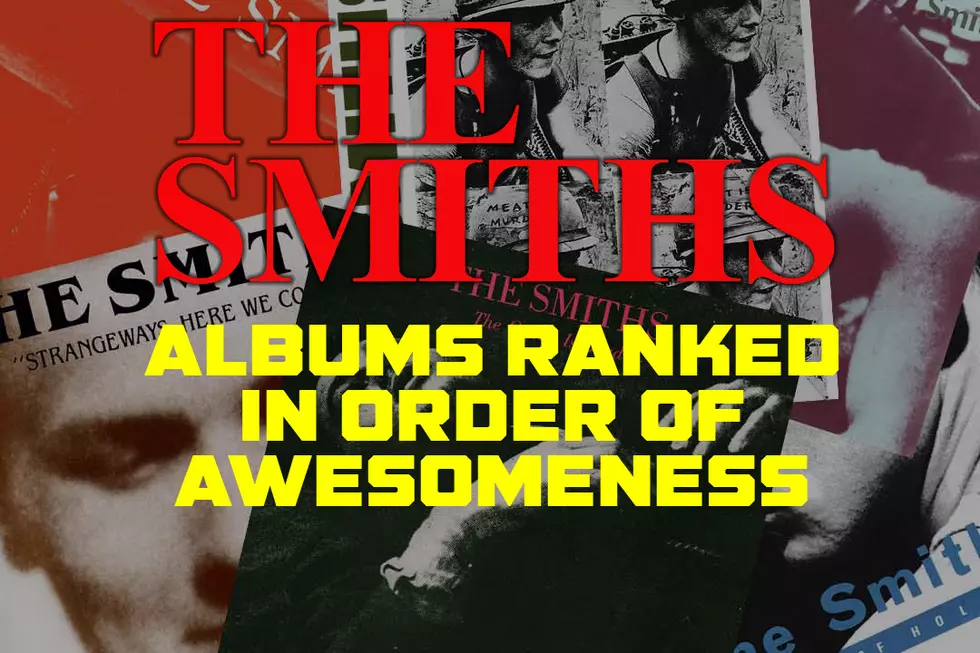30 Years Ago: The Smiths Release Their Last Album, ‘Strangeways, Here We Come’
The Smiths knew the end was near.
After three albums that pretty much revolutionized British rock music in the '80s. the band was slowly coming apart. The previous year's The Queen Is Dead was hailed as one of the decade's best records, a landmark LP often cited as Ground Zero of '90s Britpop. But the songwriting team of Morrissey and Johnny Marr was heading in separate directions.
Work began on the album in March 1987 at Wool Hall, a 16th-century building in Beckington, England, that Tears for Fears converted into a studio a couple years earlier when they made their Songs From the Big Chair album. Leading up to this was an exhausting tour the year before that nearly sidelined guitarist Marr, who was tired of the band's relentless touring schedule, and almost fractured the group as a whole.
Drug and alcohol abuse was getting out of hand leading up to the start of 1987. Still, the Smiths managed a pair of singles -- "Shoplifters of the World Unite" and "Shelia Take a Bow" -- that grazed the Top 10 in the U.K. And right around the time of the start of the recording of Strangeways, Here They Come, a compilation, the great Louder Than Bombs, was released in the U.S. collecting the band's various singles and rarities.
But in the studio, Marr and Morrissey were at a crossroads in their relationship. Morrissey, for starters, was tired of Marr's extracurricular work with other artists, including Billy Bragg and Everything but the Girl; Marr, for his part, was unhappy with Morrissey's stagnant musical tastes. The guitarist wanted to take the Smiths in new directions, and once told Record Collector, "I didn't form a group to perform Cilla Black songs," referring to the '60s pop singer whom Morrissey adored.
Watch the Smiths' Video for 'Stop Me If You Think You've Heard This One Before'
So, not long after sessions wrapped on the Smiths' fourth album, Marr temporarily stepped away from the band. But after an article showed up in NME about the group breaking up -- which Marr claimed Morrissey was behind, and which the singer denied -- Marr announced his departure in July, two months before Strangeways, Here We Come hit shelves on Sept. 28, 1987.
Despite their animosity toward each other, and the tension-filled recording of the album (which was tempered by late-night drinking bouts undertaken by Marr and co-producer Stephen Street), Marr and Morrissey were both more than pleased with the results. Each, in fact, has even called it the Smiths' best record. Marr partially got his wish: Strangeways is a bit more musically open than its predecessors, while Morrissey's input held some ground. For the first and only time on a Smiths album, he does something other than sing: That's him on piano on the dragged-out "Death of a Disco Dancer."
The album includes some of the band's best songs: "I Started Something I Couldn't Finish," "Girlfriend in a Coma," "Stop Me If You Think You've Heard This One Before" and "Last Night I Dreamt That Somebody Loved Me" all belong on lists of essential Smiths songs. But in so many ways, Strangeways sounds like a finale.
There's a tiredness to some of the deeper cuts, a result of the fatigue everyone, but especially the band's two creative centers, was feeling at the time. Three of the songs -- "Death of a Disco Dancer," "Last Night I Dreamt That Somebody Loved Me" and "Paint a Vulgar Picture" -- clock in at more than five minutes. And there's a dense, heavy air hanging over much of the record.
It's an essential album from the era (all of the Smiths' records are), but following what came before, it sounds a bit exhausted and heavy, even with Morrissey at his most morbidly funny in "Girlfriend in a Coma" ("There were times when I could have murdered her, but, you know, I would hate anything to happen to her"). In other words, it sounds like the end, and the Smiths knew it. Strangeways doesn't dwell on this, but as far as farewells go, they couldn't have asked for a more fitting one.
The Smiths Albums Ranked in Order of Awesomeness
More From Diffuser.fm









